Jacinta Price’s plan for Aboriginal child abuse royal commission savaged by Indigenous leaders
Nearly 100 of Australia’s leading Indigenous figures and organisations have condemned the Coalition’s call for a royal commission into child sex abuse in Aboriginal communities.
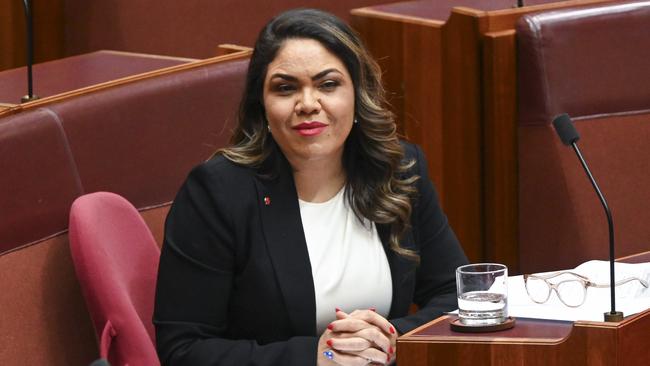
Nearly 100 of Australia’s leading Indigenous figures and organisations have condemned the Coalition’s call for a royal commission into child sex abuse in Aboriginal communities, breaking the “week of silence” and opening a national fracture on Indigenous policy five days after Saturday’s referendum defeat.
A joint statement issued by the alliance – which includes the Coalition of Peaks, Reconciliation Australia, the National Aboriginal Community Controlled Health Organisation and Professor Marcia Langton – warned the Coalition the safety of children “should not be politicised or used as a platform to advance a political position.”
Former prime minister and leading No campaigner Tony Abbott offered his own interpretation of the referendum defeat, arguing the result should be respected by abandoning or scaling back “recent concessions to separatism, such as flying the Aboriginal flag co-equally with the national one as if Australia is a country of two nations”.
Writing in The Australian, Mr Abbott said Australia should abandon or wind back “routine acknowledgement of country by all speakers at official events, as if those whose ancestry here stretches beyond 1788 are more Australian than everyone else.”
Anthony Albanese on Thursday rejected a push by Peter Dutton and his Indigenous Australians spokeswoman Jacinta Price for the government to support a royal commission and an audit into Indigenous spending programs in the parliament, labelling it a “political stunt” designed to “whip up outrage” and saying he would refuse to make child abuse a partisan issue.
The Opposition Leader, attempting to suspend standing orders, argued that Australians had voted on Saturday for a new way forward and the public was “demanding action” but were “not getting it because this Prime Minister is weak (and) indecisive”.
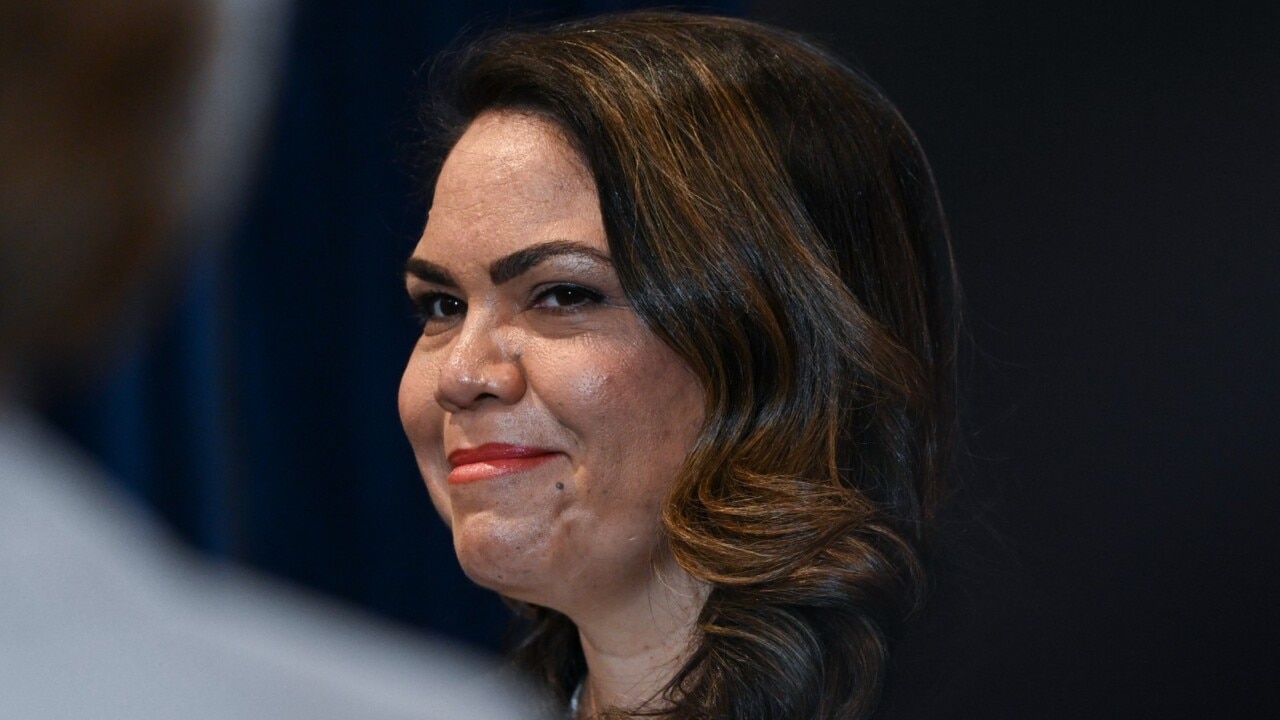
“It is absolutely unbelievable that this government would reject now, yet again – by not even taking this motion to discuss it before the parliament – the prospect of finding a pathway forward to helping young Indigenous kids in communities like in Alice Springs, like in Tennant Creek and elsewhere – these are the most vulnerable of children in the country,” he said.
Mr Dutton said Indigenous children risked a lifetime of mental scarring because of physical abuse and “police need to act on it, and the agencies in the Northern Territory need to act, and the fact is that they are being hamstrung by the authorities in the Northern Territory to the shame of the Chief Minister”.
“And that this Prime Minister would be complicit in that ignorance, and in the inability to act, to save those young children is a damning indictment on this Prime Minister,” he said.
The push for a suspension was defeated by 81 votes to 52, with all four Greens and four teal MPs – Kylea Tink, Zoe Daniel, Kate Chaney and Monique Ryan – voting with the government.
Speaking in question time, Mr Albanese said every member of parliament should find child sexual abuse “abhorrent”, and noted that it did not occur in “just one group” or in one place. “What we won’t be doing is agreeing to stunts which are designed to whip up outrage somehow as if this is a partisan issue,” he said.

The referendum result has elevated Indigenous policy and unleashed a national debate on how best to address Indigenous disadvantage. Aboriginal organisations and health experts – including child health researcher Fiona Stanley, after whom Western Australia’s largest public hospital is named – united on Thursday to reject the push for a royal commission into indigenous child sexual abuse.
Professor Stanley and researcher Sandra Eades, a Noongar professor of child health, said the overwhelming factor predicting child maltreatment was already established: poverty and its associated problems such as poor housing, social unrest, substance abuse and parents’ mental illness.
The alliance of organisations and leaders – including Pat Turner and Tony McAvoy, both members of Anthony Albanese’s referendum working group – said Aboriginal and Torres Strait Islander people had already developed solutions.
Rather than hold another inquiry – which would be the 34th into child protection since 1997 – the group said the most effective and immediate action government could take to make children safe and protect their human rights would be to appoint a National Aboriginal and Torres Strait Islander Children’s Commissioner with the legislated power to investigate and make recommendations.
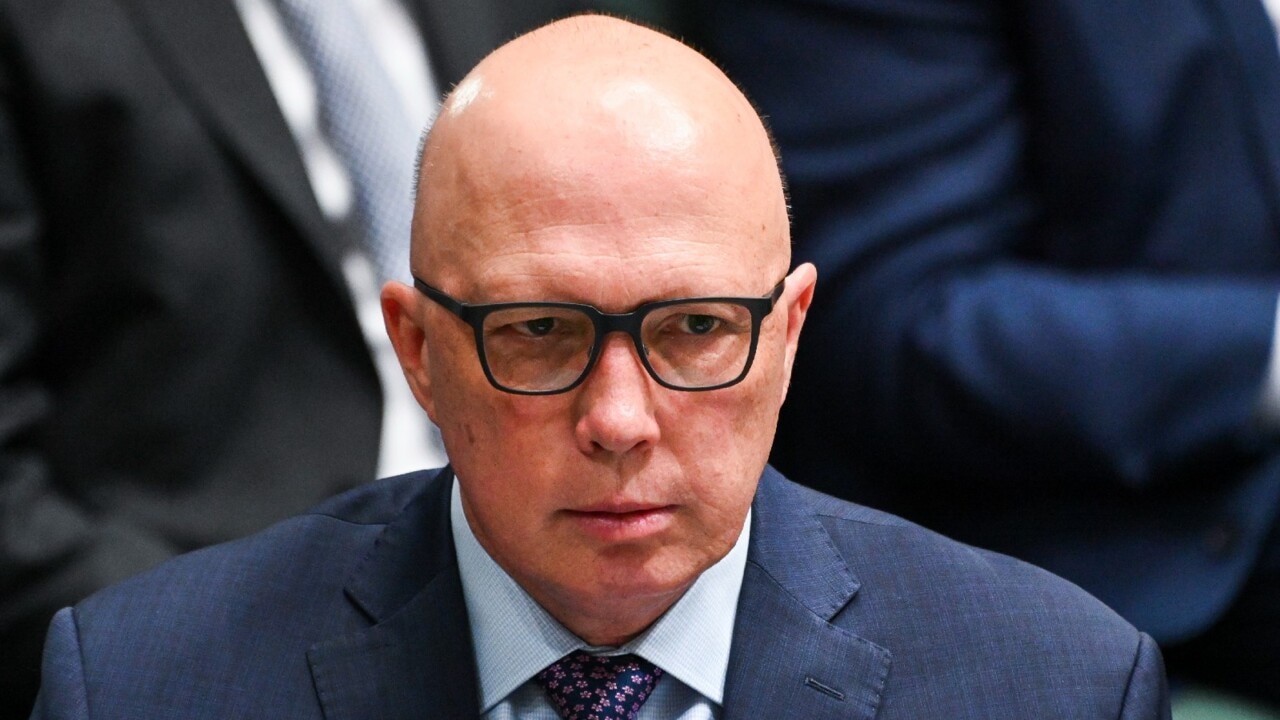
“This will be more effective and more powerful than any royal commission,” said the group, including Families Australia, Life Without Barriers, the National Coalition for Child Safety and Wellbeing. “The safety of children should not be politicised or used as a platform to advance a political position. It is frustrating and disappointing to hear the Opposition Leader and Senator Price repeating the same claims and calls they made earlier this year, again with no evidence and no credible solutions.”
Indigenous entrepreneur Warren Mundine said the stance of organisations that did not want a royal commission into child sex abuse in Indigenous communities was disgusting.
“What have they got to fear?” Mr Mundine asked. “This is the difference between them and us. We want things fixed.”


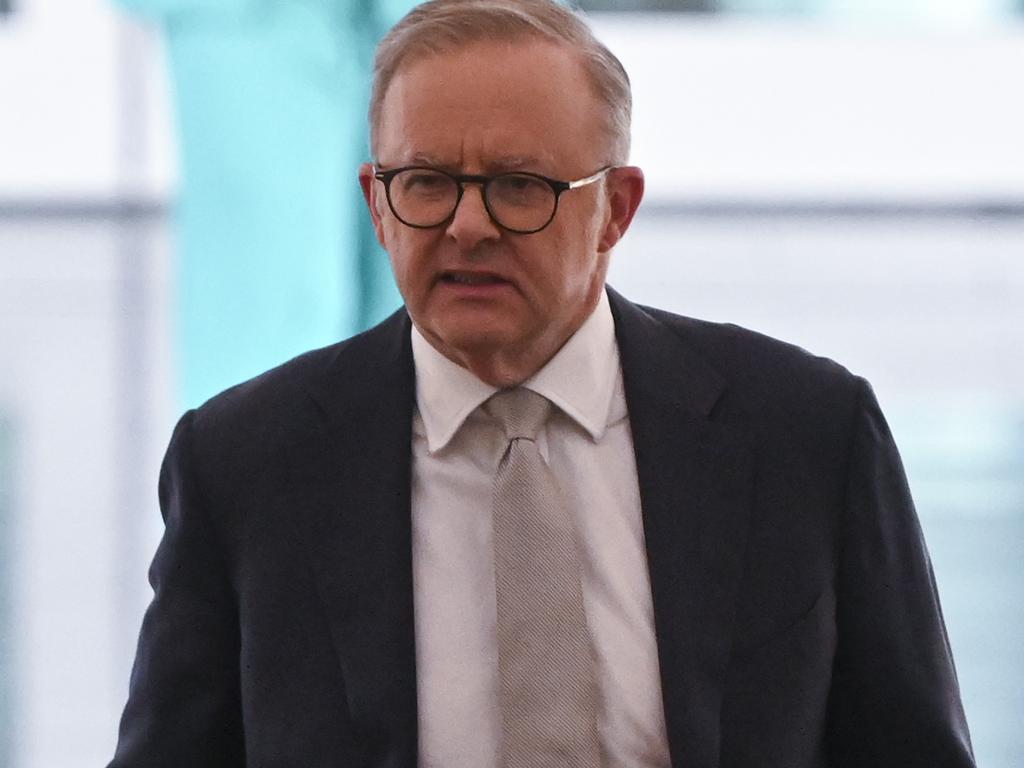

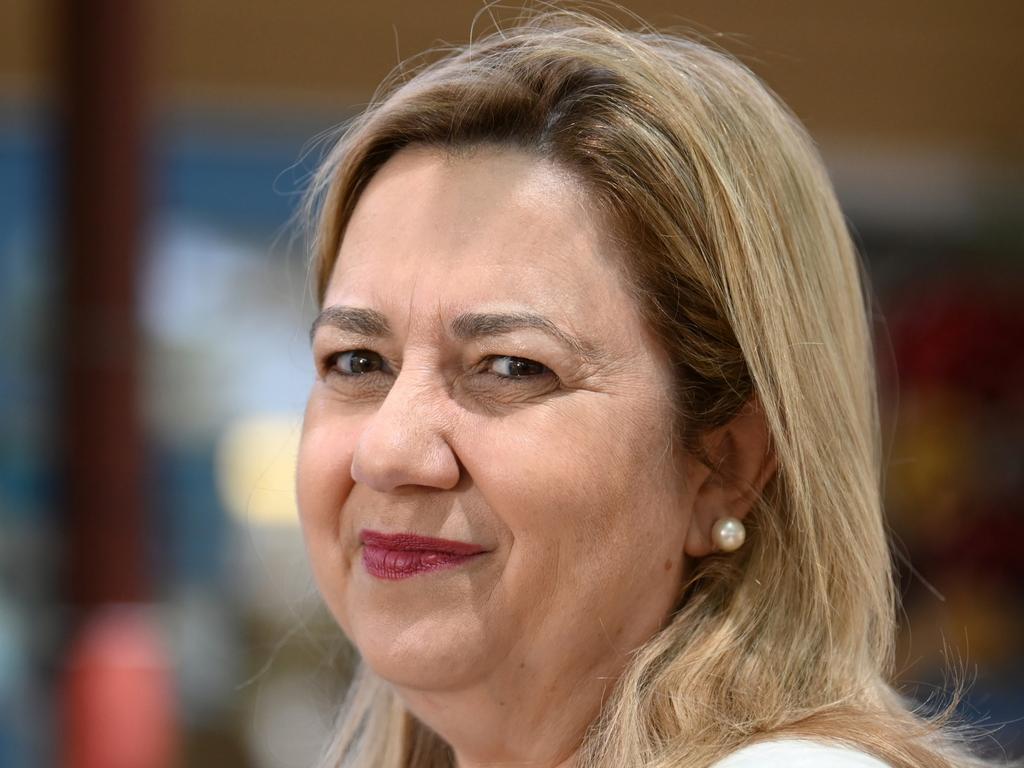
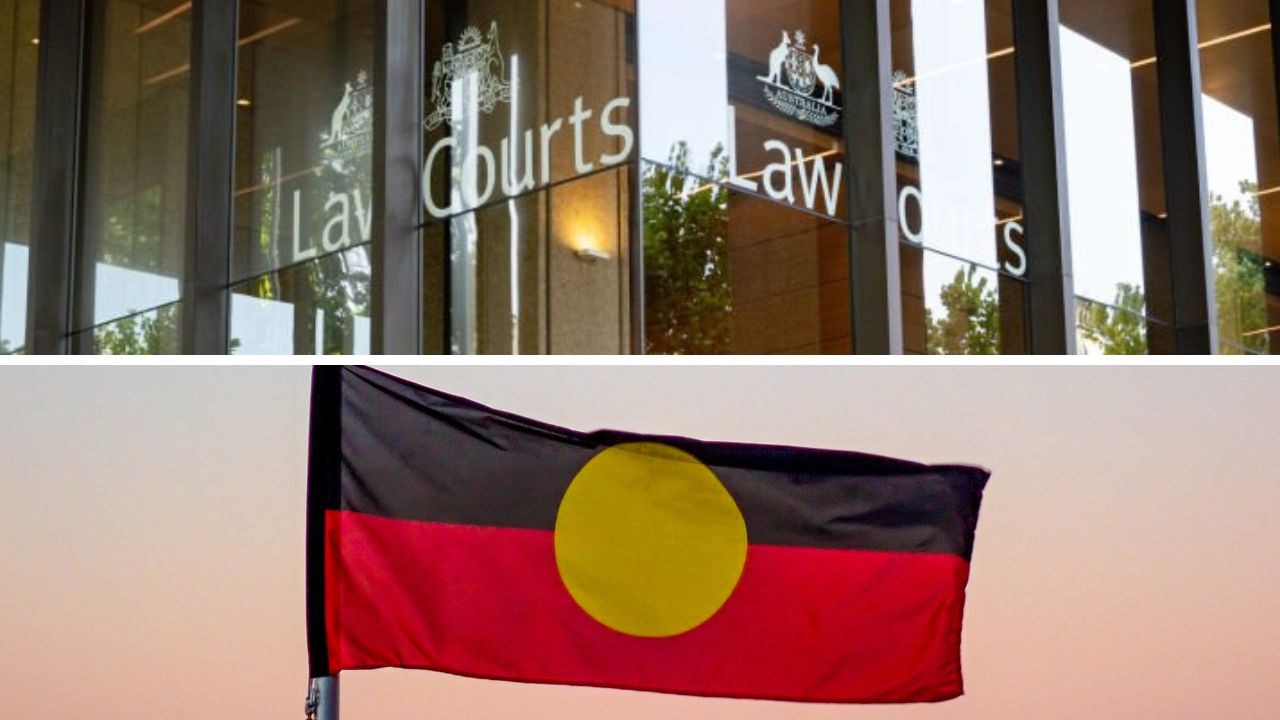
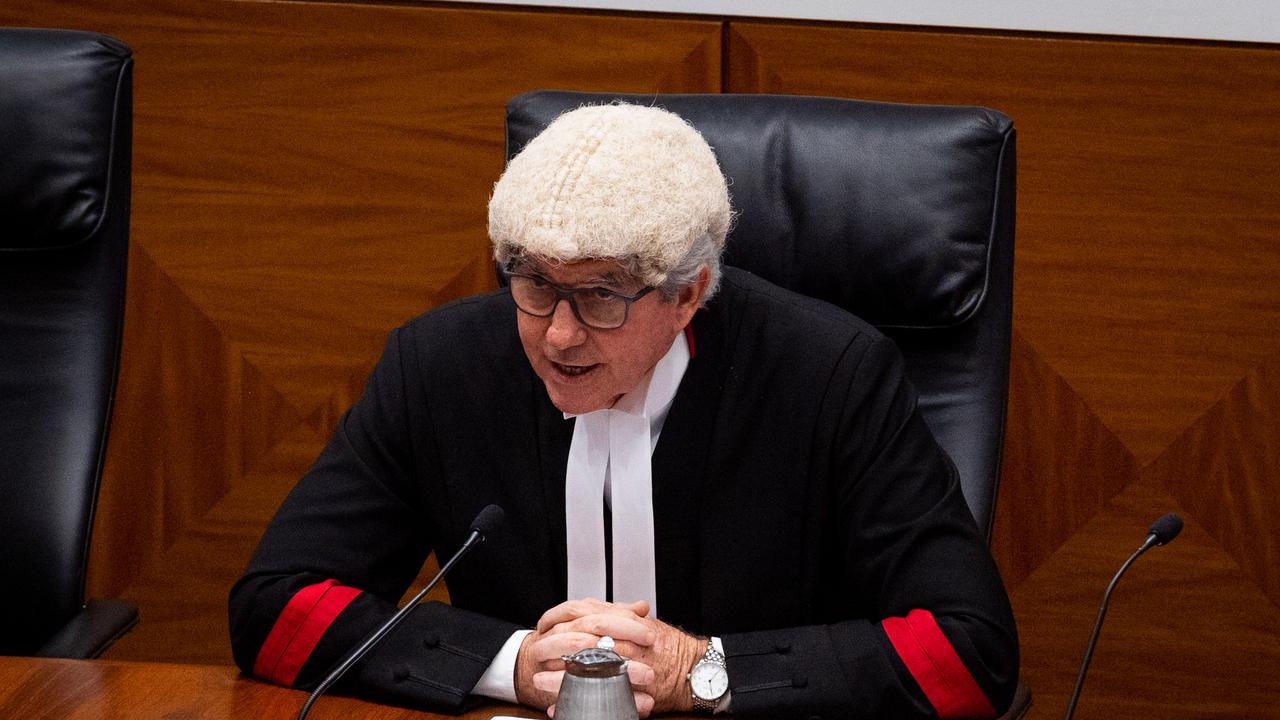
To join the conversation, please log in. Don't have an account? Register
Join the conversation, you are commenting as Logout